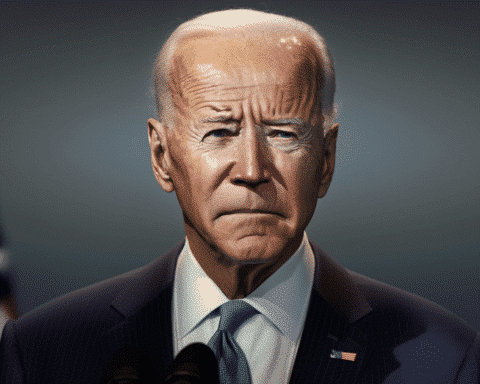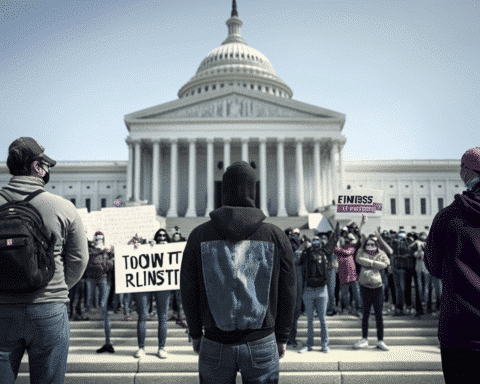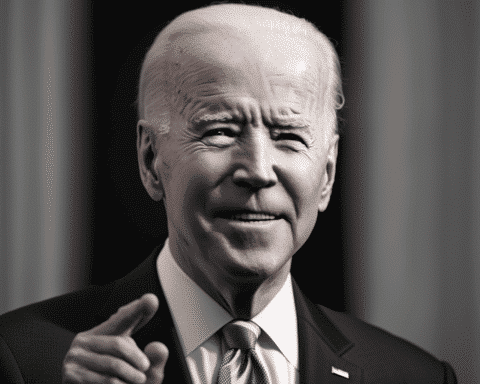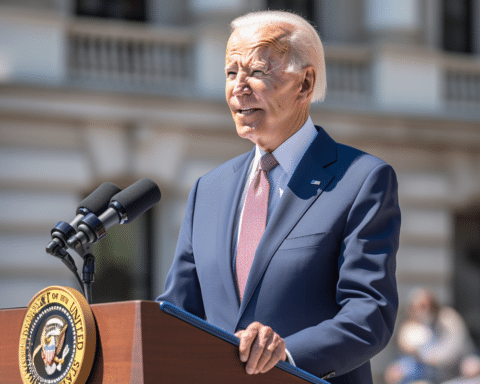The Biden Administration unveiled proposed rules to govern corporate mergers, began initiatives to expose hidden charges imposed by landlords, and initiated a campaign against food industry price inflation.
These developments will be on the agenda during President Joe Biden’s forthcoming meeting with the White House Competition Council. This group of officials, formed by a 2021 executive order, has devoted its efforts to enhancing consumer transparency and exploring ways to curb industry monopolies, which, according to the Biden Administration, contribute to inflated prices and stifle the growth of startups and small businesses. Republican legislators and specific business communities argue that such measures by the Democratic President would only increase regulatory expenses, consequently damaging the economy.
Both the Department of Justice and the Federal Trade Commission suggest amendments to the guidelines used for merger assessments to illuminate the impacts mergers could have on workers and modernize the guidance to accommodate a digital economy dominated by giants like Apple, Amazon, Alphabet, and Meta.
The initial merger guidance was released by the government in 1968. Officials emphasized that the updated advice complies with Congressional laws and court precedents.
FTC Chair Lina Khan has faced accusations from Republican lawmakers of “harassing” Twitter since its acquisition by billionaire Elon Musk. They argue that her efforts to disrupt corporate monopoly represent an overreach of government authority into business operations. Khan responds that these measures will foster greater competition within the U.S. economy, benefiting consumers, workers, and new businesses.
Attorney General Merrick Garland stated that the proposed guidelines “reflect the realities of the contemporary market.” He warned that “unchecked” mergers could compromise “the free and fair markets that underpin our economy.”
In a separate initiative, the government is collaborating with Zillow, Apartments.com, and AffordableHousing.com to develop a website that discloses all potential fees to tenants entering a lease agreement.
This move stems from concerns about tenants being caught off guard by what the administration calls hidden junk fees for services such as credit background checks, online rent payments, or garbage disposal. The aim is to ensure tenants are fully informed of their financial obligations, facilitating more informed decisions.
The Department of Agriculture, in association with over two dozen state attorneys general, is investigating potential price gouging in the food industry and imposing penalties where warranted. A new liaison is also being established to aid farmers in navigating the seed patent process.
According to the White House, these comprehensive efforts have spurred entrepreneurship. Following the COVID-19 pandemic and significant relief packages, new small business applications in 2021 and 2022 totalled 10.5 million, marking a record high.
However, the increased government intervention has sparked controversy among business groups, who argue that the survival of these new companies may be jeopardized and advanced regulatory costs could inflate prices.
Following the recent Competition Council meeting, Neil Bradley, chief policy officer of the U.S. Chamber of Commerce, criticized that “this approach, suggesting that Washington knows best, will increase costs for families, limit consumer choice, and undermine our economy’s competitiveness.”
The Biden administration’s latest moves signify a more robust stance on regulating corporate behaviour, curbing excess fees in the rental sector, and fighting price inflation in the food industry. These actions promote fair competition, improve consumer transparency, and foster the growth of startups and small businesses. However, the impact of these initiatives on the broader economy remains a point of contention, with business groups and some lawmakers expressing concerns over potential increases in regulatory costs and the survival of new enterprises.




